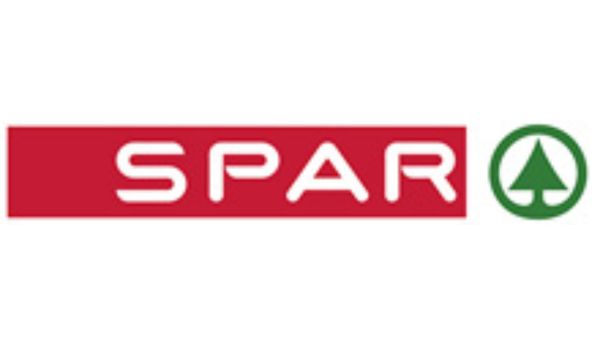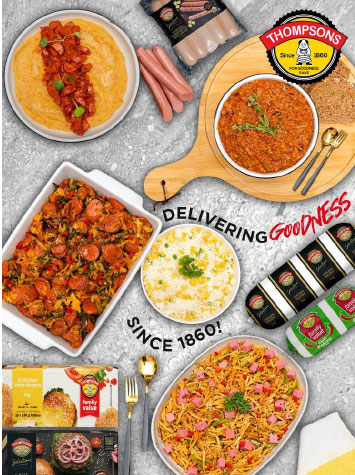The SPAR Group is focusing on labelling their products clearly, including ‘Guidelines on Daily Amounts’ (GDA) icons, focusing on kilojoules, sugar, fat, saturates, and salt content. They ensure responsible sourcing, quality control, and offer a wide range of high-quality, competitively priced products. Responding to the need for healthier options, they’ve reduced sugar content, introduced natural sweeteners, and labelled products to inform consumers.
In South Africa, food labelling is becoming a tool for empowering individuals to make informed decisions about what they eat and drink, especially as statistics indicate that 31% of men and 68% of women are grappling with overweight issues. Even more concerning is the fact that 13% of young children under five are also affected.
While various factors contribute to this epidemic, it has been categorised by the Department of Health as a crisis that globally claims at least 2.8 million lives each year, demanding urgent attention and collective action.
“Medically it is reported that this epidemic is caused by, bad eating habits, or increasingly sedentary lifestyles. The financial constraints faced by millions of South African consumers is not helping – as it’s forcing them to opt for cheaper less nutritious food alternatives, leading to weight gain, obesity, diabetes and general decrease in overall health and well-being”, says Mpudi Maubane, National PR, Communications & Sponsorships Manager at The SPAR Group.
“At The SPAR Group, we believe the information supplied on food labels is a starting point for a healthier lifestyle”, continues Maubane. “For this reason, we incorporate the globally accepted and helpful ‘Guidelines on Daily Amounts’ (GDA) icons on our Freshline, Butcher, Bakery and SPAR private label offerings”.
“Rather than confusing tables of ingredients, we use the simpler GDA system in which the percentage value in each block is based on the recommendations for an average adult of healthy weight and average activity levels”, says Maubane.
At any time, a shopper can make decisions based on aspects of SPAR food products, including kilojoules, sugar, fat, saturates and salt.
“Meeting The SPAR Group’s commitment to providing healthy food choices does not merely involve labelling SPAR food and beverage products; it consists of a process that begins on farms across the country and ends in our stores with a wide range of products that are as good as the best but cost far less” says Maubane.
“Our product lines are sourced from trusted suppliers, including local farms and agricultural cooperatives nationwide and meet stringent sourcing, freshness, and quality control standards. These facilities are thoroughly vetted and consistently monitored, ensuring the reliability of our range at every stage of each product’s journey”.
“Emphasis is on quality, range, safety, convenience and includes oversight of ingredient selection, preparation, transportation, and many other stringent requirements of our various product lines. We also intentionally limit suppliers to guarantee the consistency of quality and traceability of products” continues Maubane.
Critical to the production of these food products is ensuring that SPAR products cover a wide range of high-quality groceries, fresh produce, and bakery items that are competitively priced.
“In line with the need for healthier eating, consumer preferences also change constantly, and part of our challenge is to predict these trends and introduce healthier options, expand organic offerings, or develop healthier convenient meal solutions,” says Maubane.
“Undoubtedly, with the epidemic we’re facing, reducing the sugar content of food is becoming increasingly important, and SPAR has responded to consumer preferences, health concerns, and regulatory actions in several ways”.
These include increasing the range of reduced sugar and sugar-free products in stores, moving to stocking natural sweeteners such as stevia and erythritol, often used in natural or organic products, selecting suppliers who have reduced sugar content in products without sacrificing taste and texture and labelling being used to inform shoppers about sugar content so they can make better-informed choices about their sugar intake.
“The move towards reducing sugar consumption is reshaping the food industry. By monitoring the environment, consumer trends and answer to the needs for healthier alternatives, The SPAR Group is actively delivering on reliability and trustworthiness in the communities that we serve” concludes Maubane.






 All Recipes
All Recipes











